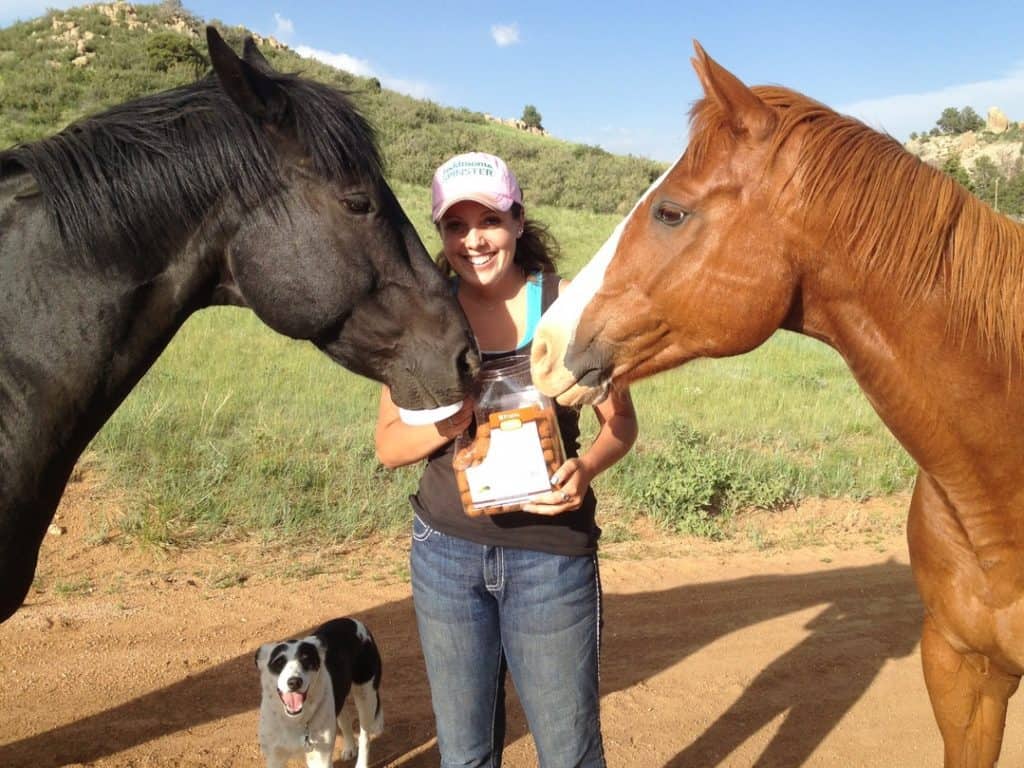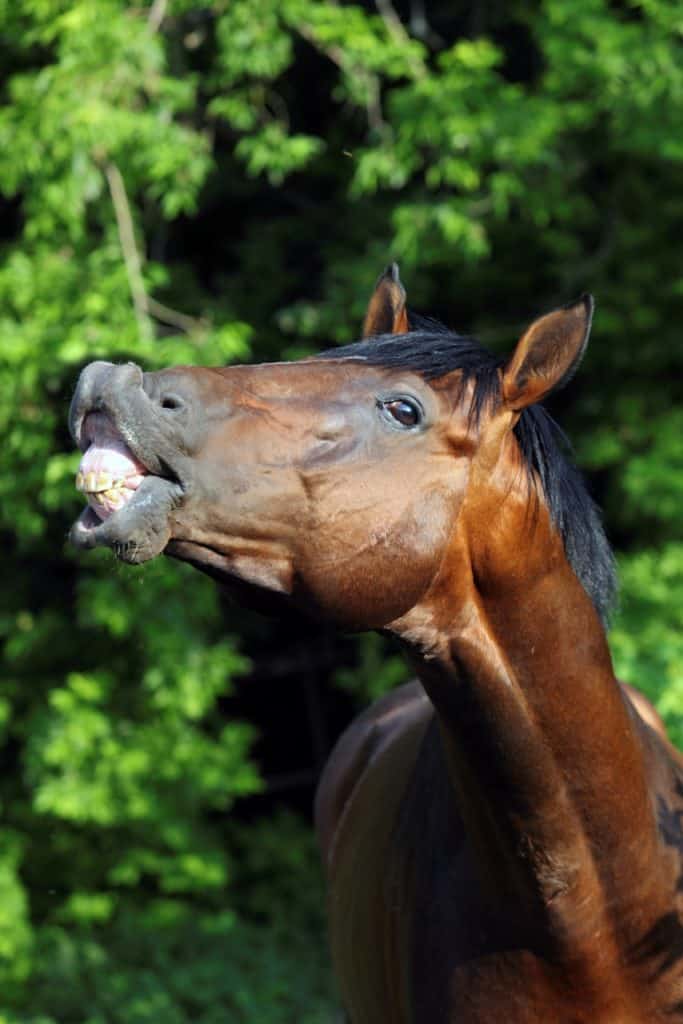Stallion Reproduction Symposium Schedule Released
The International Symposium on Stallion Reproduction will take place Aug. 27-29 at the University of Illinois.
The International Symposium on Stallion Reproduction will take place Aug. 27-29 at the University of Illinois.

Anti-Mullerian hormone is a reliable marker for cryptorchidism, granulosa-cell tumors, and, possibly, mare fertility.

Goedde studied whether an omega-3 DHA supplement affected a stallion’s sperm motion characteristics and viability.

One veterinarian offers some tips on an often overlooked but extremely important task: sheath cleaning.

Researchers determined that pregnant mares can abort their fetuses as a stress response to prevent future infanticide.

Researchers determined that air-dried sperm can be kept for up to four weeks before being used to produce an embryo.

Researchers determined that acyline can reduce stallion testosterone concentrations to as low as those of geldings.

Stallions with access to each other through stall walls interacted frequently with a “surprisingly low” injury rate.

Study stallions bred quickest if they had the scent of urine from mares in heat on their nostrils.

What you need to know and expect when using this breeding method.

The month of the year appears to have a significant impact on several parameters of collected semen in stallions.
Seminar topics include imaging the equine neck, reproduction, and soft-tissue injuries in performance horses.

For gelding, postoperative problems can range from mild swelling to devastating intestinal prolapse.

Cryopreserved epididymal sperm can be valuable if a stallion will be castrated or if he dies unexpectedly.

Reproductive tract injuries can result in the presence of blood in a stallion’s ejaculate, called hemospermia.

A recap of studies on topics ranging from prostaglandin treatment of mares to semen quality in stallions.
Stay on top of the most recent Horse Health news with
"*" indicates required fields